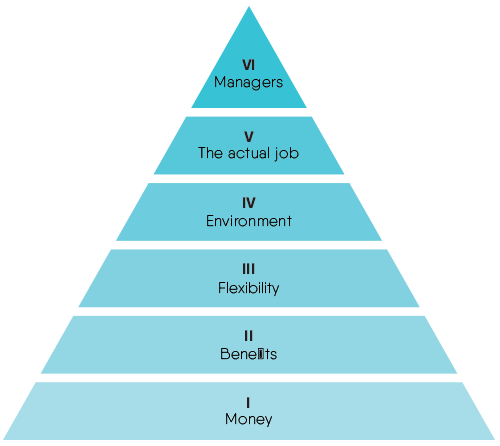I heard this quote recently, it was used by an old football coach to his players:
“It’s hard, but it’s fair.”
He wasn’t the first to use this and probably won’t be the last – but the line stuck with me because of how I don’t think many people in today’s age really think this way. Many want to talk about what’s fair, few want to discuss the ‘hard’ part. The football coach’s son described the meaning of what he feels the phrase means:
“It’s about sacrifice,” Toler Jr. said of the quote. “It means that if you work hard that when it’s all said and done at the end of the day, it will be fair based on your body of work. It’s about putting in the time, making sure that you’re ready for the opportunity.”
I think we all think our parents are hard on us growing up. I recall stories I tell to my own sons of my Dad waking me up on a Saturday morning at 7 am, after I was out too late the night before, and ‘making’ me help him with something, like chopping wood or cleaning the garage out. He didn’t really need my help, he was trying to teach me a lesson about choices. If I chose to stay out late at night, it was going to suck getting up early to go to school.
He shared with me stories of his father doing the same thing, one night my Dad had gotten home late, so late, he didn’t even go to bed, just started a pot of coffee and waited for my grandfather to get up, figuring that was easier than getting a couple of hours of sleep and then hearing it from my grandfather the rest of the day.
As a HR Pro, we see this every day in our workforce. There are some who work their tails off, not outwardly expecting anything additional, they’re just hard workers. Others will put in the minimum, then expect a cookie. It’s a tough life lesson for those folks. Most usually end up leaving your organization, believing they were treated unfairly, so they’ll go bounce around a few more times.
Eventually, they’ll learn to put in the work, put in the time and more times than not, things work out pretty well. Sometimes it won’t, so you go back to work even harder. It’s been very rare in my 20 year HR career that I’ve truly seen a really hard worker get screwed over. Very rare! Now I know a ton of people who think they work hard, but they don’t, and they’ll say they get screwed. But the reality is they don’t work hard, they do the same as everyone else.
Do some idiots who don’t deserve a promotion or raise sometimes get it? Yep, they sure do, but that doesn’t happen as much as you think. The hard workers tend to get the better end of the deal almost always.
I hope I can teach my sons this lesson: Life is going to be hard, but if you keep at it and put in the work, it’s going to be fair. I think that is all we can really hope for.

 Level I – Money – cash!
Level I – Money – cash!